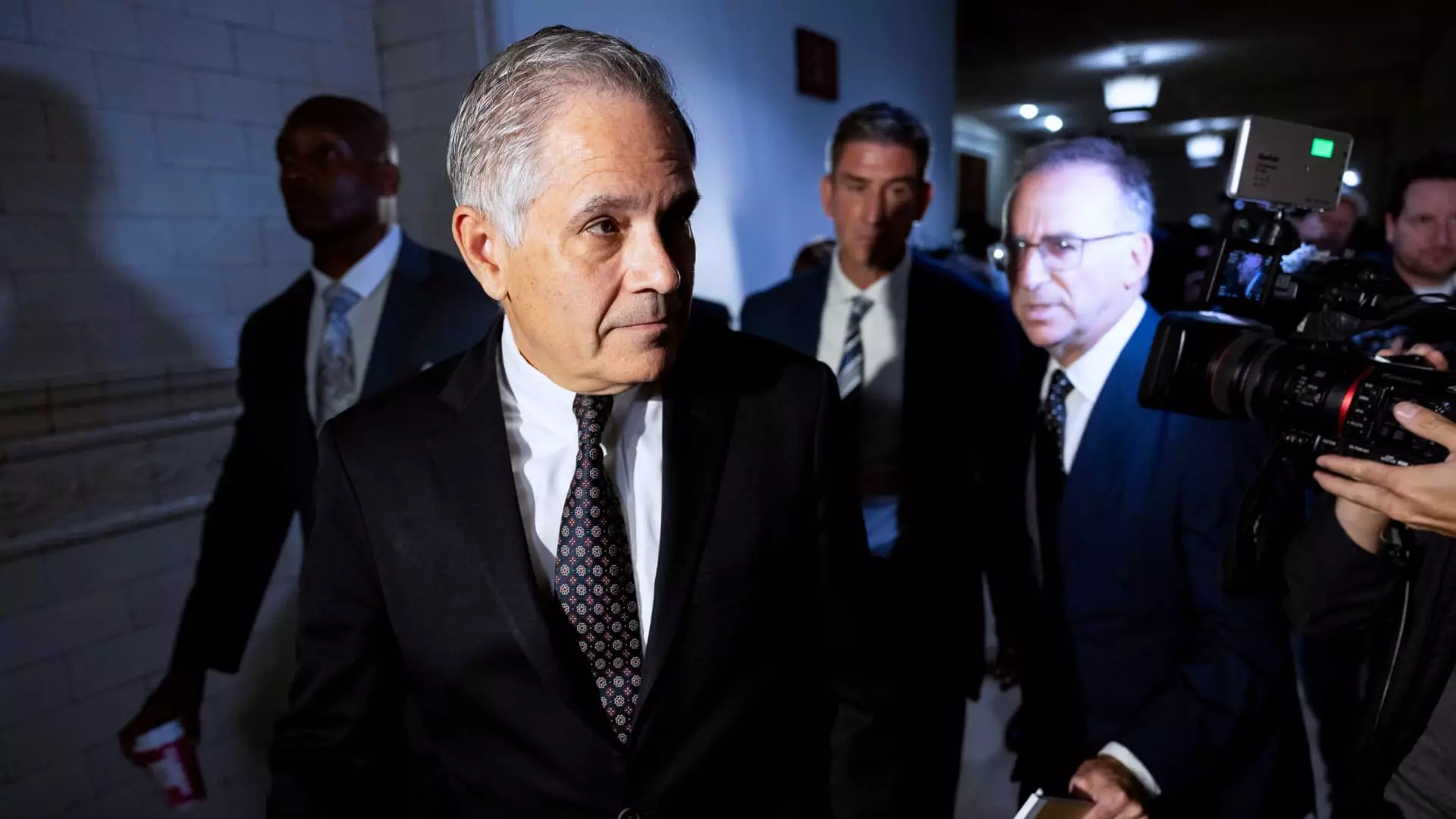In a bold courtroom clash that intertwines high-stakes politics with legal implications, Philadelphia District Attorney Larry Krasner has taken a firm stance against Tesla CEO Elon Musk and his political action committee, America PAC. The central issue involves a contentious giveaway of $1 million intended for registered voters, which Krasner argues violates both lottery regulations and consumer protection laws in Pennsylvania. The lawsuit against Musk raises critical questions about legality, ethics, and the limits of political endorsements and financial incentives in elections.
On the surface, the promotion has the appearance of an extravagant initiative aimed at boosting voter engagement in swing states. However, Krasner characterized the endeavor as a “scam” and a “grift,” demonstrating a level of outrage that resonates with his commitment to uphold election laws. His assertion that Musk and America PAC are knowingly participating in illegal activities offers a damning critique of what he perceives as a manipulative strategy designed to sway electoral outcomes.
At the heart of Krasner’s legal argument is the claim of “guilty knowledge” on the part of Musk and his PAC. This term carries significant implications, suggesting that Musk is not merely negligent but aware of the wrongdoing associated with the lottery-style giveaway. Krasner’s testimony at the Philadelphia County Court of Common Pleas reflects a deeply held belief that the mechanics of the giveaway conflict with the principles of fair play in the electoral process.
To underscore his point, Krasner noted that despite potential conflicts of interest stemming from his party affiliation, his legal actions are motivated by principles rather than partisan politics. The district attorney admitted to owning a Tesla, reinforcing the argument that personal preferences do not cloud professional judgment. This positions Krasner as a committed public servant focused on ensuring that all political activities adhere to established laws.
America PAC’s representatives have responded by framing the initiative as an opportunity for citizens to engage in political discourse—specifically, by signing a petition advocating for constitutional principles. Chris Gober, the former treasurer of America PAC, argued that the giveaway does not constitute an illegal lottery but rather a contractual obligation for participants who agree to promote the PAC’s agenda. He contended that the giveaway operates on principles of voluntary participation and mutual benefit, emphasizing that selected recipients are to be engaged as spokespersons rather than mere recipients of cash prizes.
The divergence in interpretations creates a complex legal terrain. While Musk’s supporters utilize the rhetoric of free speech and political engagement, Krasner’s perspective introduces a critical lens that scrutinizes the ethical implications of such promotions in the framework of electoral integrity. As these opposing views unfold in court, the public is left to grapple with questions surrounding the authenticity of political endorsements tied to financial incentives.
Lawyers for both sides have issued pointed remarks, underscoring the ongoing battle between freedom of expression and accountability in political dealings. Krasner maintains that there is no constitutional right to engage in fraudulent activities, a position that conveys the seriousness of his allegations against Musk and America PAC. This ongoing case could set a precedent for interpreting the legality of similar promotional practices in elections moving forward.
As the timeline progresses, with the outcome of the lawsuit poised to impact not only Musk’s political ambitions but also the broader landscape of political fundraising and voter engagement strategies, observers on both sides will undoubtedly remain vigilant. The case serves as a compelling reminder of the ongoing tug-of-war between innovative electoral tactics and the traditional mechanisms and laws intended to safeguard electoral equity.
In navigating the complexities of this legal battle, voters and political observers alike are being compelled to consider essential questions about the interplay of law, politics, and ethical conduct in an increasingly polarized electoral environment. The outcome remains to be seen, but as Krasner aptly noted, developments in the courtroom will continue to shape the narrative leading up to the election.


Leave a Reply